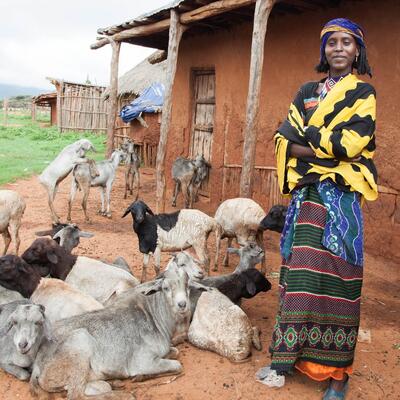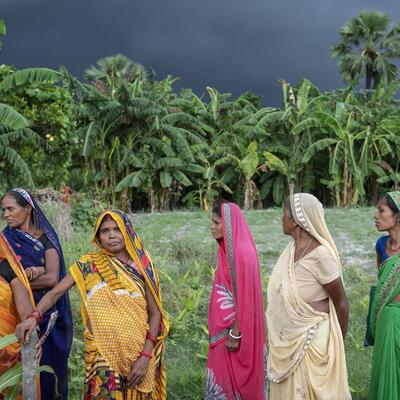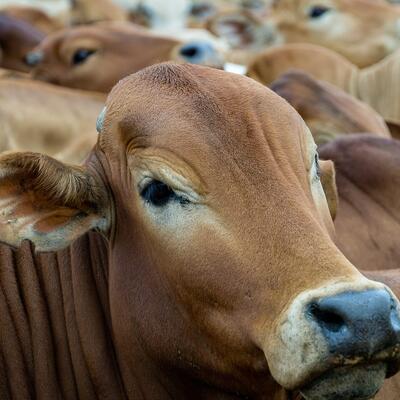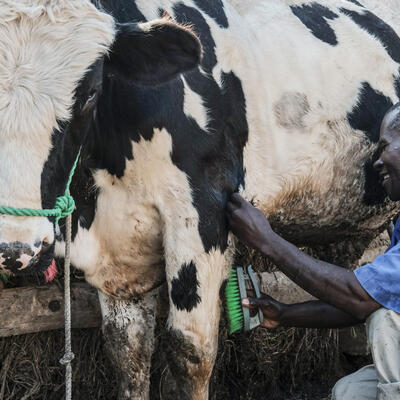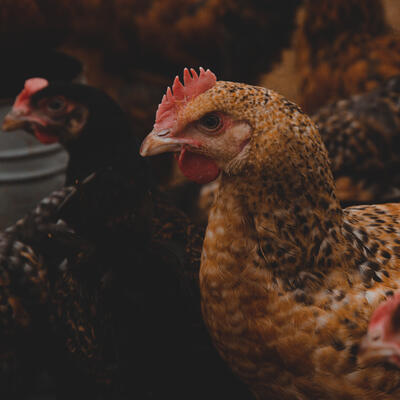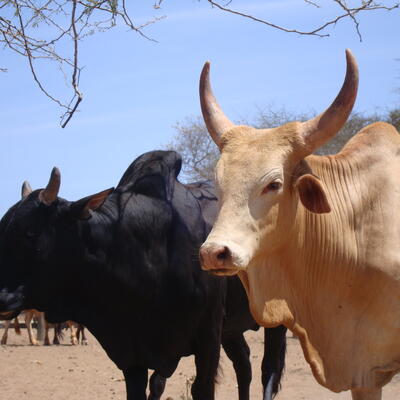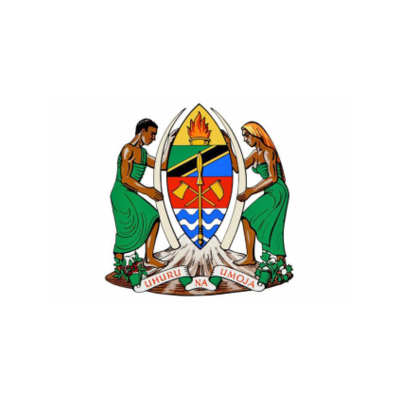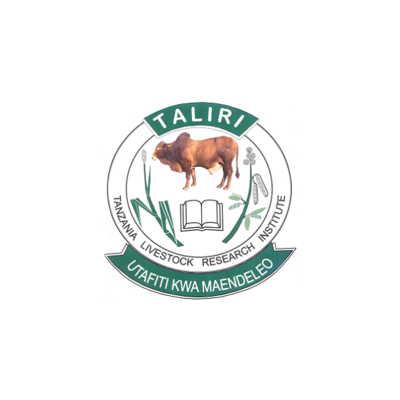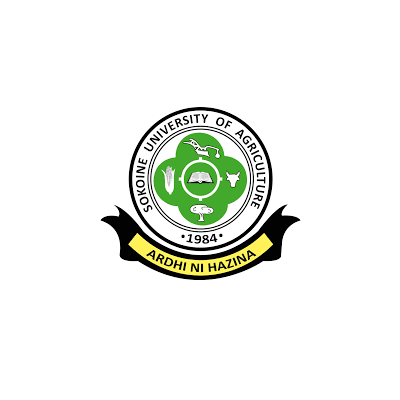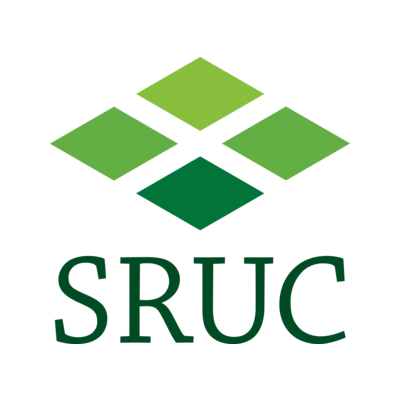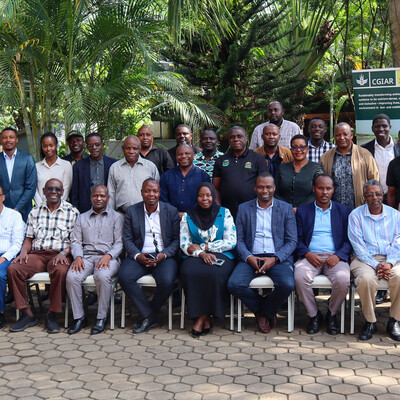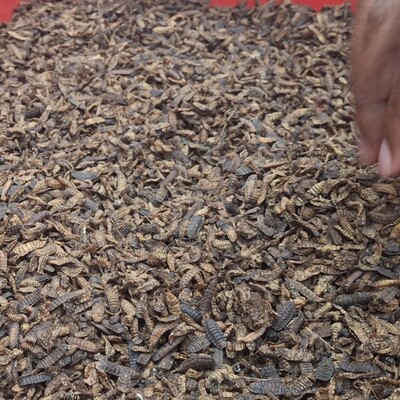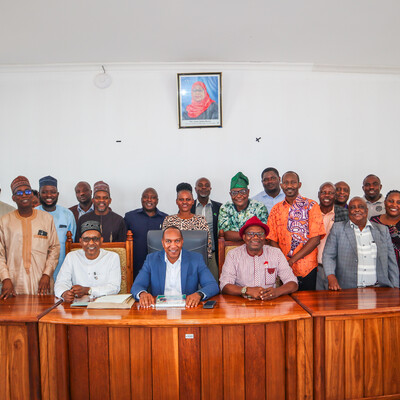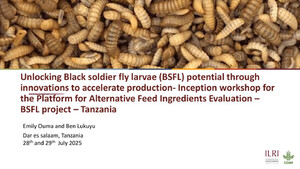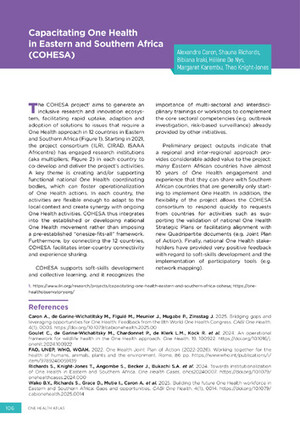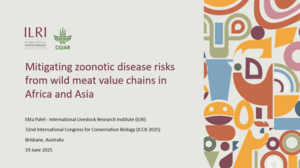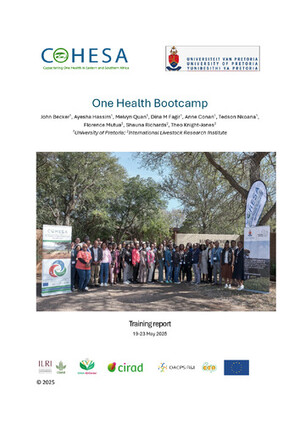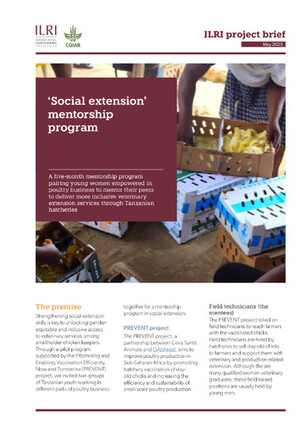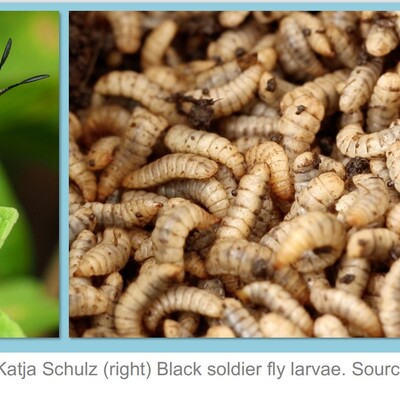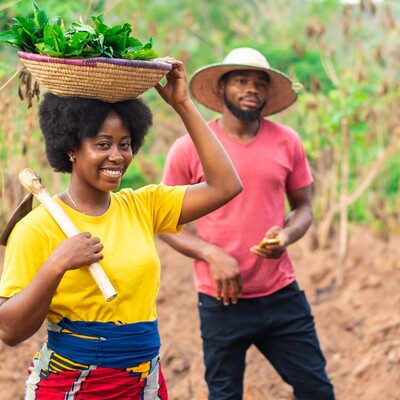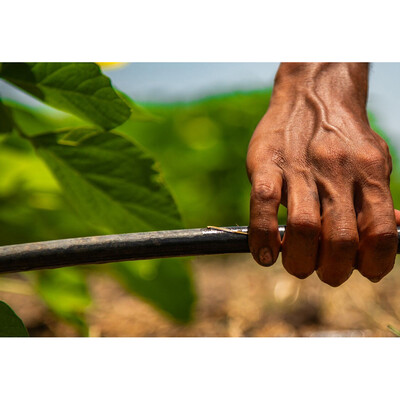
Tanzania
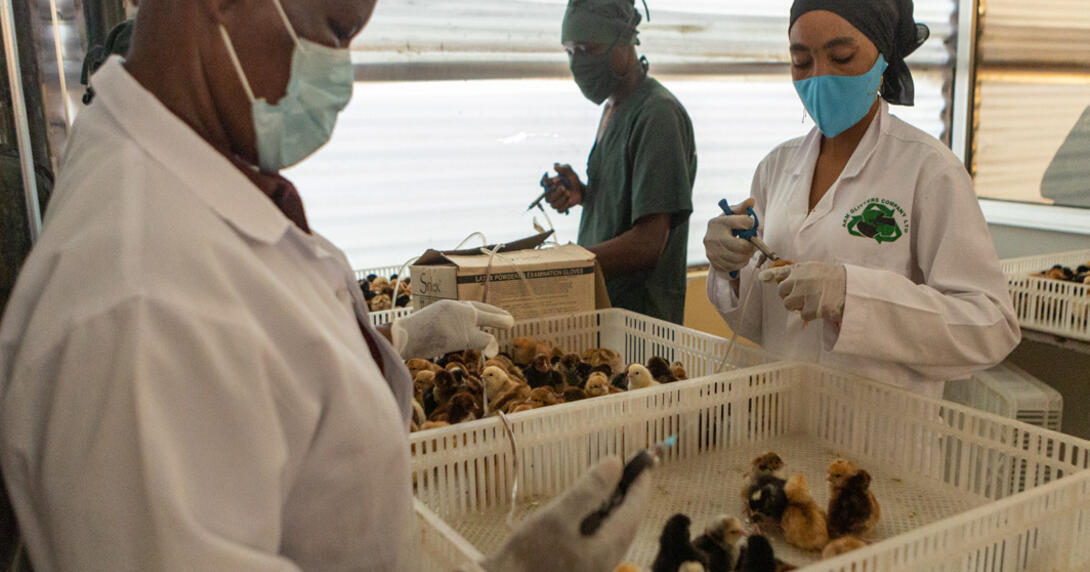
‘Our national policy for engaging with international organizations and civil societies is very good. As a government, we have also prioritized our partnership with the private sector, working together in livestock production to achieve the goals we set for ourselves.’
Abdallah Ulega
Former minister, Livestock & Fisheries Ministry in Tanzania
in Tanzania
How is ILRI addressing these challenges
All areas of ILRI’s holistic livestock research for development programs are well covered in Tanzania including animal genetics, herd health, animal feeding, markets and inclusive value chain development, gender, nutrition, and sustainable livestock systems. In addition, ILRI is increasingly engaged in projects that are designed to scale out proven technologies and innovations, and advocate for more investments into the livestock sector. Highlights of ILRI-led research for development and advocacy include:
Livestock genetics including herd recording, molecular characterization and delivery of superior local genetics comprising genomically evaluated top local dairy bulls and genetics approaches to address climate change challenges.
Feed resource development with a focus on feed associated low carbon footprint such as improved climate smart Brachiaria forage with low greenhouse gas (GHG) emissions.
Herd health approaches such as delivery mechanisms for productivity enhancing inputs and services, vaccine delivery and diagnostics.
Value chain development including market and food safety research that ensures poor consumers can access quality, safe, and nutritious dairy products at affordable prices, and smallholder farmers have reliable and consistent access to quality inputs and services, reliable, well-coordinated, and efficient dairy products marketing arrangements.
Catalysing digital extension for bundled provision of interdependent technologies comprising reproductive services herd-health management and animal nutrition with embedded advisories to small-scale producers to ensure inclusive and sustainable development smallholder livestock value chains.
Advocacy to add impetus for investments to enhance the livestock sector’s contribution to economic growth.
These priority areas are closely aligned to the government’s agricultural development priorities in the main strategy for the agricultural sector – the Agricultural Sector Development Program Phase II (ASDP II). The objective of this plan is to transform the agricultural sector–including livestock–towards higher productivity, commercialization, farm income and improved livelihoods, food security and nutrition.
Current ILRI programs in Tanzania
ILRI STAFF
Partners
ILRI research in Tanzania is supported by CGIAR, the International Fund for Agricultural Development, the governments of Australia, Ireland and the United States, United Kingdom, the European Union, the International Development Research Centre and the Bill & Melinda Gates Foundation.
ILRI research in Tanzania delivered in collaboration with key national research partners including Directorate of Research, Training & Extension, Ministry of Livestock and Fisheries (MLF), Tanzania Livestock Research Institute (TALIRI), Sokoine University of Agriculture (SUA), Scotland’s Rural College (SRUC), National Land-Use Planning Commission, Regional Secretariates and local authorities.






